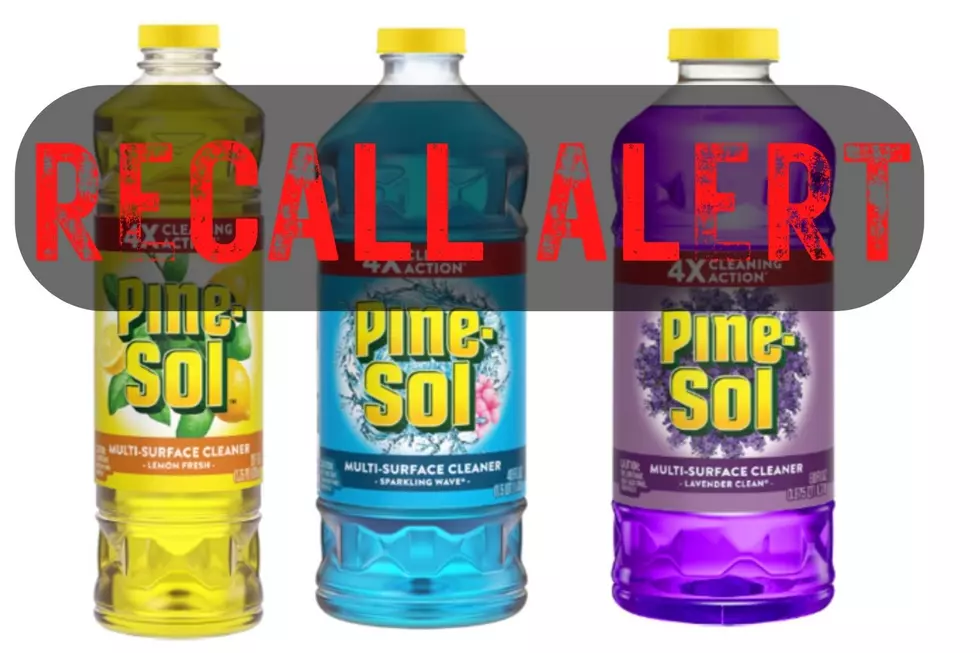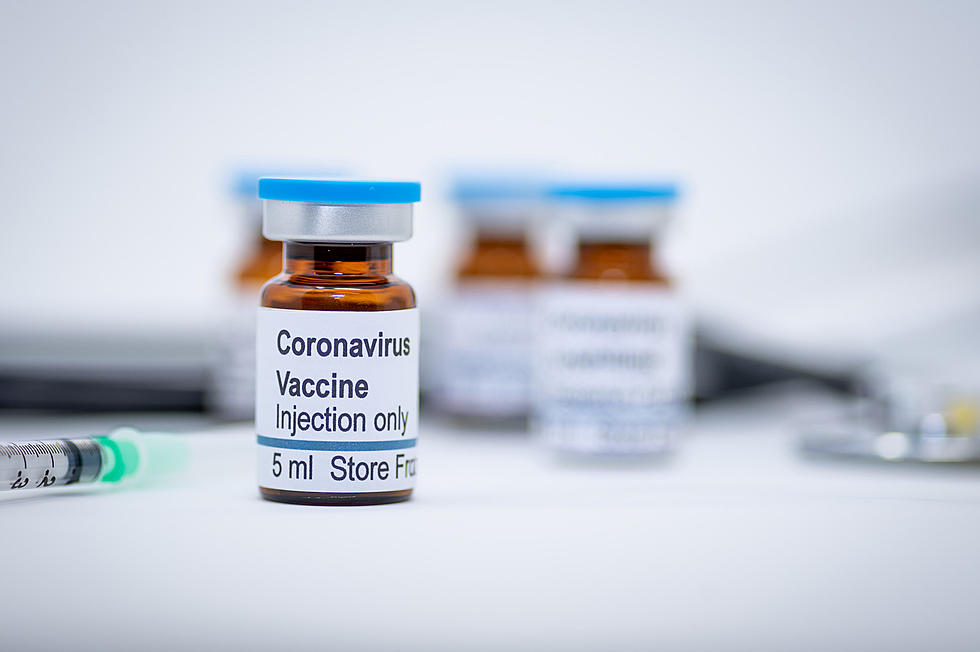
Mystery of Garfield Phones Washing Ashore in France Solved, Problem Not
Garfield may be America's most well-known and beloved cartoon cat, and though most of us are familiar with his history of terrorizing his owner, Jon, and dog pal, Odie, you may not have known until today that he's also been the bane of beaches in northwestern France for around 30 years. Now, officials and environmental activists think they've solved the mystery of why.
First, a little background information.
Back in the 80's, Tyco Toys release a novelty Garfield phone that I'm sure many of us had in our homes. The things were, at one point, as ubiquitous as Mickey Mouse wristwatches and Nintendo Entertainment Systems.
On March 29, the Washington Post published a piece about a 30+ year mystery surrounding these phones (or, most often, pieces of them) washing ashore along the Brittany coast.
For years, environmental groups have been scooping a ridiculous amount of scattered bits of Garfield off these beaches and using them to demonstrate the very real, very serious problem of plastic pollution in our oceans.
The popular theory was that a shipping container full of these phones was lost in the ocean. However, submarines that routinely patrol the area and dive teams insisted no such container was anywhere near the beaches where the plastic was washing ashore.
On March 28, the BBC reported that the mystery had been solved.
A local farmer (identified as René Morvan in the Washington Post piece) recently came across a story about the téléphone Garfield problem, which triggered a memory of stumbling across a shipping container full of the plastic cats back in the 80's. Morvan said a storm in his area washed several Garfield parts ashore when he was a young man, and that he and his brother followed the trail back to a sea cave only accessible during low tide.
Sure enough, the environmental group he contacted with the information were able to find the cave and the shipping container, which they say is wedged pretty tightly inside. They found some Garfield parts around and in the cave, but said the container itself appeared largely empty, meaning its cargo was likely completely washed out to sea.
On the surface, this seems like a pretty funny story. The idea of Garfield phones menacing a beach in France did elicit a chuckle from me when I first read the Washington Post headline. But if you think about it, this really is a sad comment on the amount of plastic garbage that's flowed or been dumped (accidentally or intentionally) into our oceans over the course of the past century or so.
Environmental group The Ocean Cleanup reports that the Great Pacific Garbage patch, for example, is twice the size of Texas. Some experts have even warned that by 2050, there could be more plastic, pound for pound, than fish in our oceans.
Now, I'm not an environmentalist radical or anything, but I feel like one thing people across the political spectrum can agree upon is that trashing the one planet we have to call home isn't a great idea. Those plastics break down and get into the fish we eat and sometimes even the water we consume. Plus it's often deadly to wildlife and looks gross in our beautiful oceans.
Our capitalist system thrives when innovators use ingenuity, prompted by popular demand, to find new and more efficient ways of doing things. I hope that as more people become aware of these environmental issues and demand that something be done, more inventors and entrepreneurs will be encouraged to step up and find ways to help make us all better stewards of our world.
In the meantime, recycling what you can and cutting down on the use of disposable plastics can help.
More From KTEM-AM









